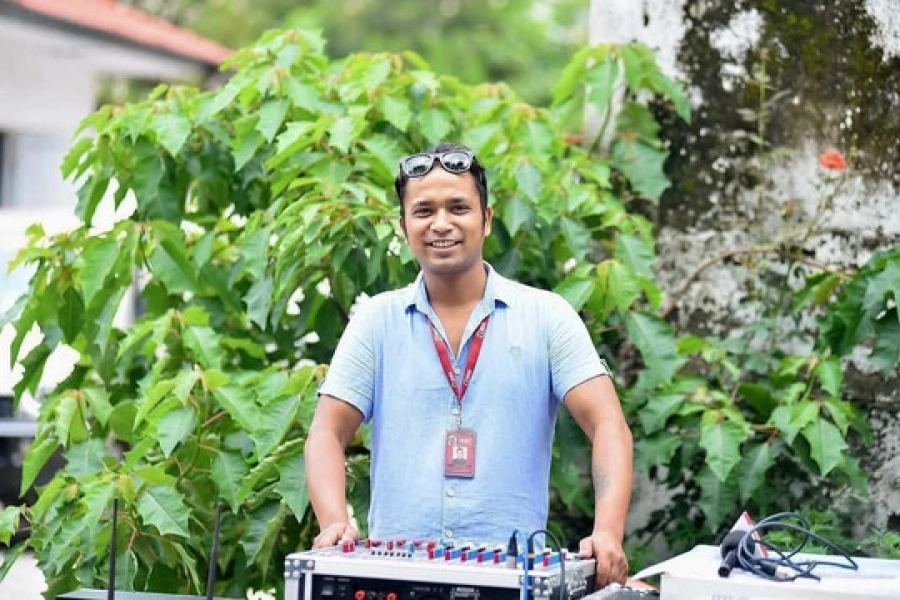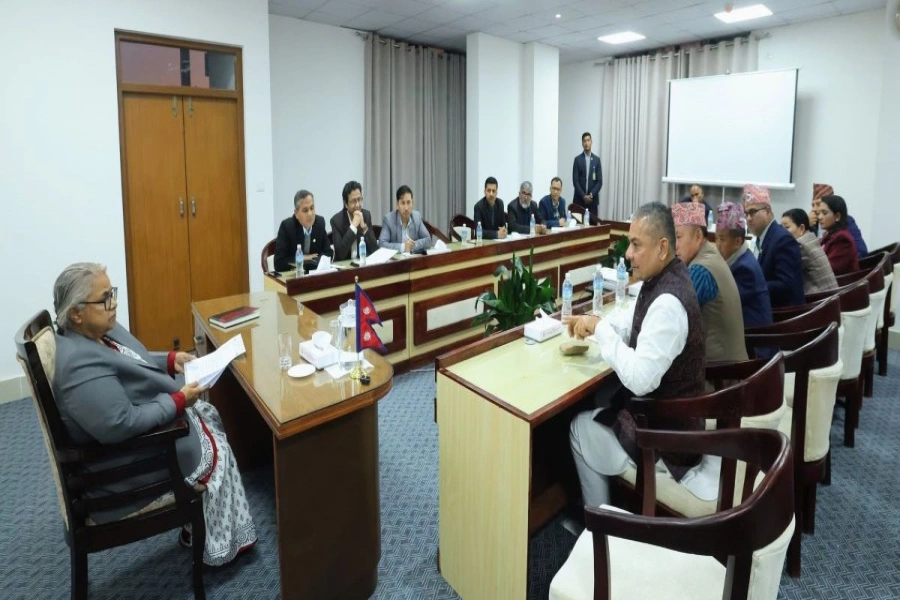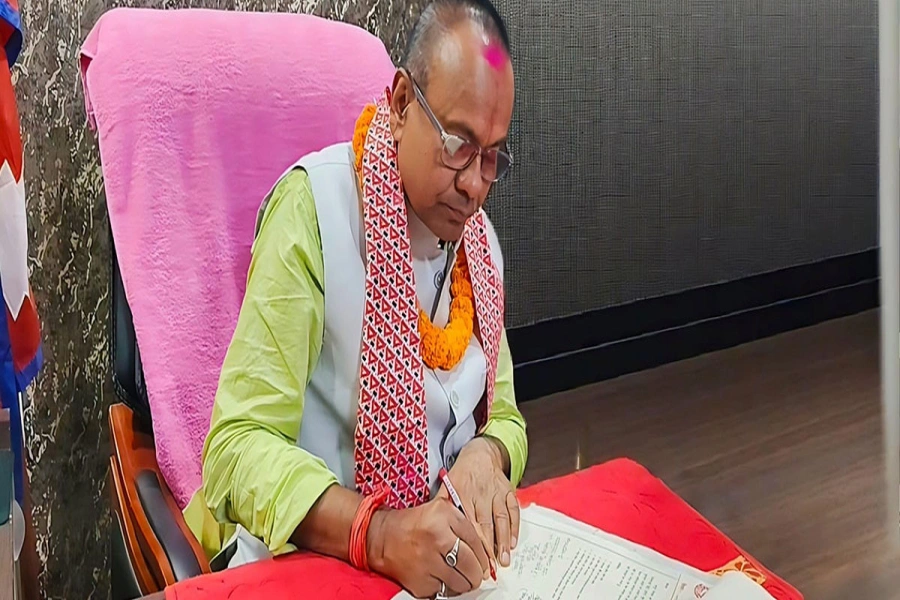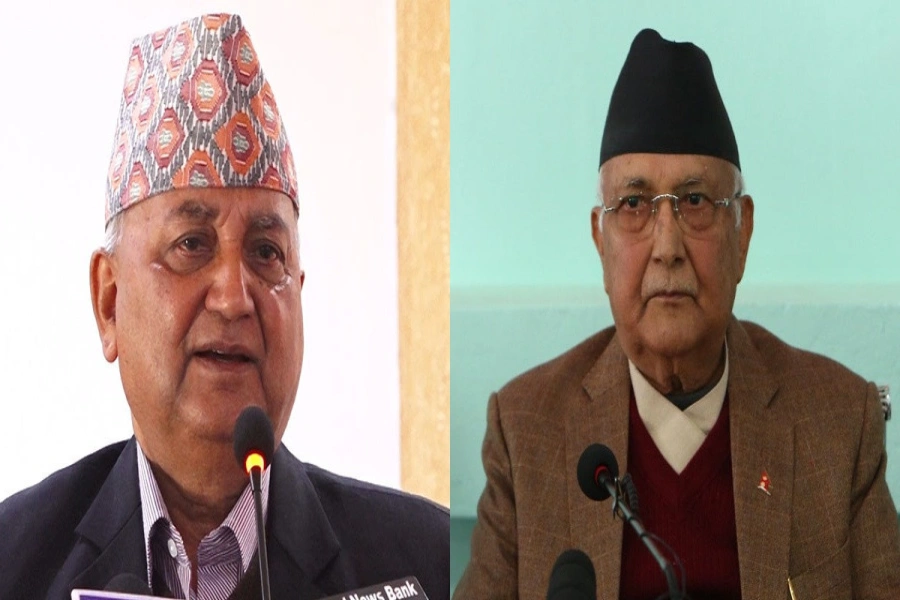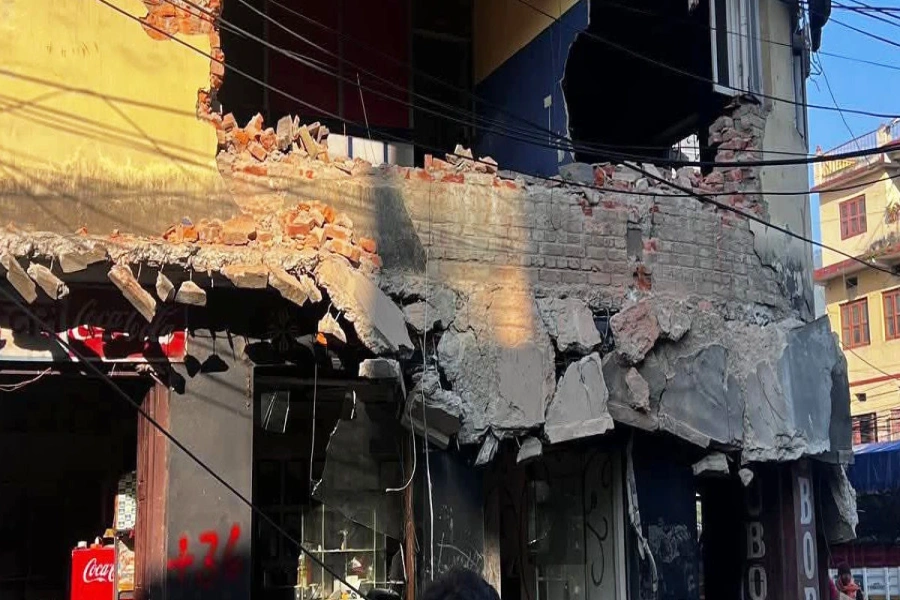Nestled in the remote Karnali Province, Mugu District Hospital serves as a lifeline for thousands. Yet my recent visit revealed a stark reality: healthcare providers grapple with relentless ethical dilemmas compounded by scarce resources, geographical isolation, and cultural complexities.
The hospital staff's dedication is evident, but their daily reality is fraught with challenges. A severe shortage of specialists forces difficult decisions about resource allocation, often delaying critical surgeries or requiring referrals to distant hospitals. This creates an ethical burden on healthcare providers, who must choose who receives immediate care. The absence of specialists also means that junior doctors, often with limited experience, are thrust into performing complex procedures. While these actions are often lifesaving, they raise concerns about the quality of care and the responsibilities of medical professionals in under-resourced settings. The ethical lines blur as they navigate the delicate balance between saving lives and adhering to professional standards.
Mugu's remoteness exacerbates these dilemmas. The arduous journey to larger hospitals poses financial and logistical challenges for patients. This forces doctors and nurses to weigh the risks and benefits of local treatment versus referral. This decision-making process involves complex patient autonomy, beneficence, and non-maleficence considerations, where the right course of action is rarely clear-cut.
CIB starts probe into Mugu incident

Cultural factors further complicate the landscape. Stigma and taboos surrounding certain illnesses, particularly women's health issues, often delay consultations, leading to preventable complications and advanced-stage conditions that put immense pressure on the hospital's limited resources. Healthcare providers must navigate these cultural dynamics while upholding medical ethics, a balancing act that demands cultural sensitivity and unwavering commitment to patient well-being.
Hospital staff reveal the emotional toll of these challenges. One junior medical officer at Mugu District Hospital describes the daily struggle of prioritizing patients with limited resources. Every decision carries the weight of life and death in this heartbreaking task. Nurses, who often serve as the first point of contact, bear the weight of triage decisions, witnessing preventable suffering and experiencing burnout due to the lack of support. They are the unsung heroes, providing care under immense pressure and limited resources.
Inconsistent medical supplies and equipment add another layer of complexity. Necessities like medications, sterile surgical tools, and diagnostic equipment are often scarce, forcing improvisation and difficult decisions about resource allocation. This impacts the quality of care and raises ethical concerns about fairness and justice, as patients with the same conditions may receive vastly different treatments depending on the availability of resources.
Professional isolation is a significant issue. Geographical isolation limits opportunities for professional development and peer support, hindering providers' ability to stay updated on the latest medical practices and ethical guidelines. The lack of mentorship and collaboration also means that they often have to rely on their judgment without the benefit of second opinions, increasing the risk of errors and further complicating the ethical landscape.
Bureaucratic and systemic hurdles further compound the problem. The provincial government has struggled to attract and retain qualified healthcare workers, leaving the existing staff overworked and under immense pressure. This chronic staff shortage affects the quality of care and creates a vicious cycle, as the problematic working conditions deter potential recruits, perpetuating the problem and leaving the hospital in a perpetual state of crisis.
These ethical challenges have real consequences. High maternal and neonatal mortality rates in the region highlight the impact of inadequate healthcare provision. Women in remote areas often suffer from preventable or treatable conditions due to lack of timely intervention, a stark reminder of the human cost of these ethical dilemmas. The hospital's struggles underscore the urgent need for systemic change and increased investment in healthcare infrastructure and personnel in underserved areas.
Mugu District Hospital faces profound ethical dilemmas. These challenges are multifaceted and require a concerted effort from policymakers, healthcare administrators, and the medical community. Tailored solutions, considering the unique context of rural healthcare in Nepal, are urgently needed. By addressing these issues, we can ensure that healthcare providers can deliver care with integrity and compassion, ultimately achieving equitable and ethical healthcare for all. The plight of Mugu District Hospital is a call to action, a reminder that the right to health is a fundamental human right, and our collective responsibility is to ensure that it is upheld, even in the most remote corners of the world.





